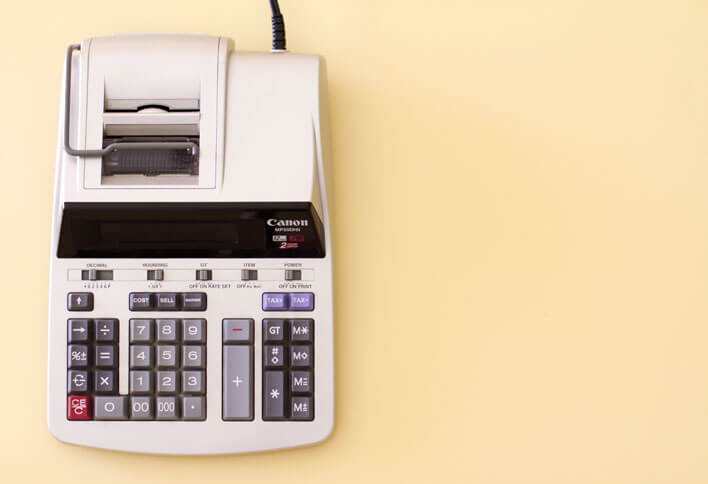Taxes - they’re a topic most people don’t love talking about or maybe find confusing. But understanding taxes is an important part of your overall financial health. To help you navigate this tax season with confidence, let’s cover some basics about taxes - different types, necessary forms, and probably most importantly, how taxes impact your paycheck.
What is a tax?
A tax is a governmentally regulated fee that you must pay on the money you earn or when you purchase something.
- Direct taxes are paid directly to the government.
- Indirect taxes, like sales taxes, are not paid directly to the government. The Internal Revenue Service, or IRS, is the federal agency responsible for collecting income and employment taxes, as well as estate taxes and corporate taxes. State Departments of Revenues collect most state taxes. You’re required to submit, or file, the previous year’s taxes with the IRS by April 15 unless a timely extension is filed with the IRS.
Why do we pay taxes?
So, why do you have to pay taxes in the first place? While no one wants to give up any part of their hard-earned money, taxes help to pay for essential state and federal services. Some examples include:
- National defense
- Public schools
- Social Security
- Medicare/Medicaid
- Police & fire
- Public libraries
- Job training
- Air traffic control
- Transportation projects
- Scientific research
- Veterans benefits
- Unemployment
- Aid for the disabled
- Family support services
What tax forms should I be aware of?
Now that you know about the common types of taxes, there are a few important forms you need to know. These forms impact how taxes are taken out of your paycheck and help you file your taxes with the IRS each year.
Form: W2
What is it: A federal tax form which summarizes the previous year’s earnings and tax withholdings.
When to use it: You should use it to file your taxes for the previous year. This form must be sent to you by your employer on or before January 31.
Form: 1040
What is it: This is the U.S. Individual Federal Income Tax Return form. Information on this form is based off your W-2.
When to use it: You must fill this out by April 15 and send it to the IRS, unless you’ve filed for an extension.
Form: W4
What is it: It gives you some control over how much money the government withholds from your paycheck.
When to use it: You’ll have to fill this form out when you start a new job.
Form: 1099 Misc.
What is it: This is the federal tax form used to report income other than salaries, wages, or tips. For example, independent contractors, or “freelancers” might use Forms 1099-MISC as a record of business. You also may receive a Form 1099-INT or DIV from a financial institution to report your investment income.
When to use it: 1099 forms are filed with the IRS by the person who paid the money, not the person who received the money. If you receive some form of 1099, be sure to include the information on your applicable tax return and keep a copy with your tax records. 1099s are filed with the IRS by the person who paid the money.
In summary
Understanding what taxes are, how they work and the role they play in the bigger picture is a great step in growing your overall financial literacy. If you have specific questions about your tax situation, we recommend consulting with an accountant to discuss your best course of action. Want to keep growing your knowledge of financial basics? Check out our Financial Education page.




